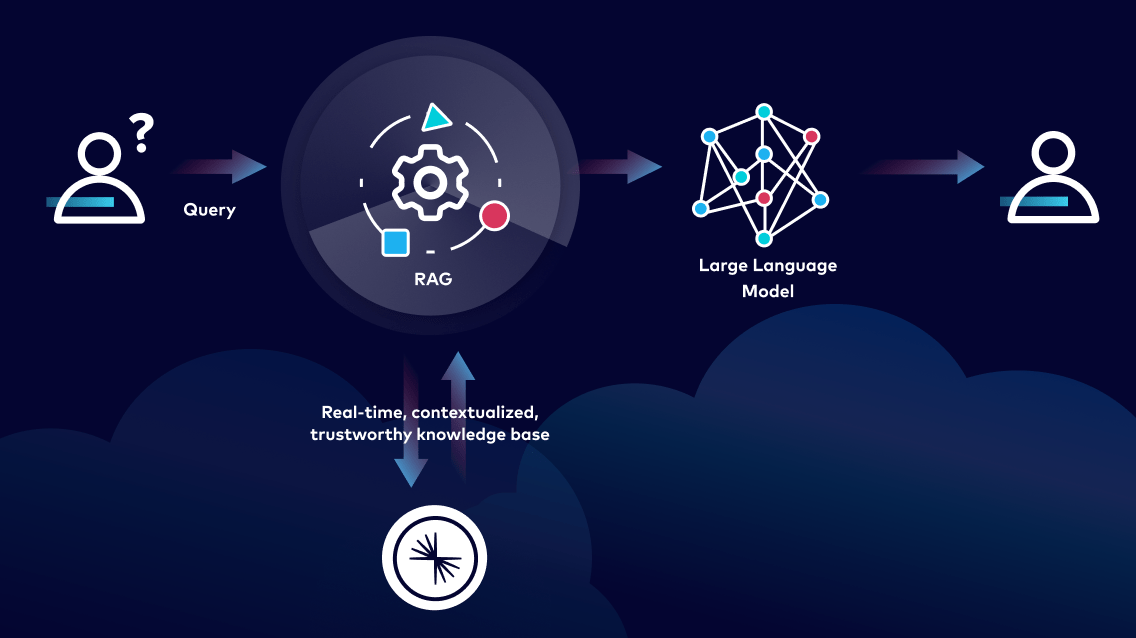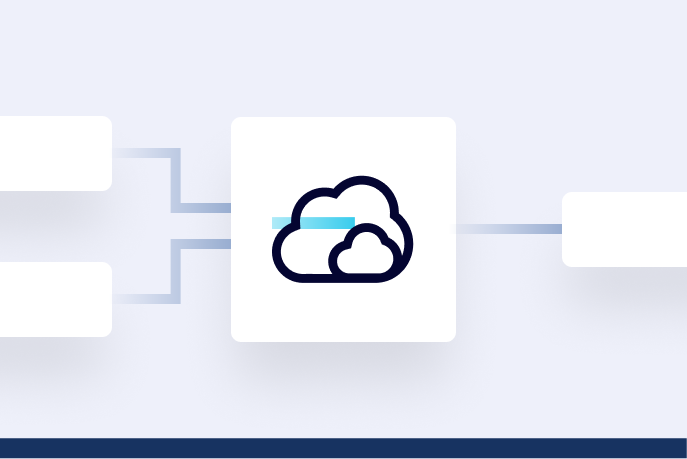[Live Demo] Tableflow, Freight Clusters, Flink AI Features | Register Now
Solutions
Announcing the Confluent for Startups AI Accelerator Program: Empowering the First Generation of Real-Time AI Startups
The Confluent for Startups AI Accelerator Program is a 10-week virtual initiative designed to support early-stage AI startups building real-time, data-driven applications. Participants will gain early access to Confluent’s cutting-edge technology, one-on-one mentorship, marketing exposure, and...
Building AI Agents and Copilots with Confluent, Airy, and Apache Flink
Airy helps developers build copilots as a new interface to explore and work with streaming data – turning natural language into Flink jobs that act as agents.
Introducing Build with Confluent: Enabling Partners to Bring Data Streaming Use Cases to Market Faster
Build with Confluent helps system integrators develop joint solutions faster, including specialized software bundles, support from data streaming experts to certify offerings, and access to Confluent’s Go-To-Market (GTM) teams to amplify their offering in the market.
Unlocking the Edge: Data Streaming Goes Where You Go with Confluent
While cloud computing adoption continues to accelerate due to its tremendous value, it has also become clear that edge computing is better suited for a variety of use cases. Organizations are realizing the benefits of processing data closer to its source, leading to reduced latency, security and...
How to Scale RAG and Build More Accurate LLMs
RAG must be implemented in a way that provides accurate and up-to-date information and in a governed manner that can be scaled across apps and teams.
Enhanced Cybersecurity with Real-Time Log Aggregation and Analysis
As cyberattacks grow more sophisticated, data streaming supports the ability to monitor and analyze real-time events across all systems.
Next-Gen Customer Loyalty Programs with Data Streaming
Classic punch cards (and fishing for them in your wallet or occasionally misplacing one) have become a thing of the past, as today's digital landscape demands more innovative solutions.
Capital One Shares Insights on Cloud-Native Streams and Governance
Businesses that are best able to leverage data have a significant competitive advantage. This is especially true in financial services, an industry in which leading organizations are in constant competition to develop the most responsive, personalized customer experiences.
Modernize Payments Architecture for ISO 20022 Compliance
The payments industry is evolving rapidly, fueled by technological advancements, changing consumer behaviors, and a growing appetite for real-time transactions. As this transformation unfolds, new standards have been introduced to ensure the payments ecosystem's safety, security, and efficiency.
How Moniepoint Transformed Financial Services for Over 2 Million Businesses in Africa with Confluent
In Nigeria, small and medium-sized businesses (SMBs) make up 48% of the national GDP. Moniepoint provides financial solutions to power the aspirations of these SMBs from payment, credit, business management to banking services.
T+1 and Beyond: Transforming Trade Settlement for Modern Markets With Confluent
In the capital markets, the adage “time is money” applies even after the trade is made. Investors who want to gain quicker access to their funds are confined by a post-trade settlement process that still relies on batch processing.
Data Streaming in Healthcare: Achieving the Single Patient View
Healthcare providers have long known the benefits of a single patient view (SPV). A clinician’s ability to securely access and act on patient data which spans disparate medical disciplines, departments, and locations is key to the effective provision of healthcare.
Tech-Enabled Metropolises: The Role of Data Streaming in Smart Cities
According to the World Bank, around 56% of the world’s population currently live in cities. By 2050, it’s predicted this will rise to 70% (with the global population more than doubling in the same time frame). This acceleration toward urbanization is putting city infrastructure under enormous strain
Unlocking Industry 4.0: Rise of Smart Factory with Data Streaming
In the era of Industry 4.0, the fusion of smart, autonomous systems with digitization is propelling manufacturing and supply chain operations into uncharted efficiency. Industry 4.0, otherwise known as the Fourth Industrial Revolution, marks the normalization of the smart factory.
Real-Time Pharmaceutical Authorization
Acquiring a single prescription medication is a complex end-to-end process that requires the seamless orchestration of data across drug manufacturers, distributors, providers, and pharmacies in the healthcare ecosystem.
Making Predictive Customer Support a Reality for Telcos
For telecommunication companies (telcos) facing risks of equipment failures, software misconfiguration, network overload, and power outages, annual service outage costs can exceed billions of dollars. How can some of these costs be avoided?
From Data Mess to Data Mesh – Getting Started with Confluent
The journey from data mess to data mesh is not an easy one—that’s why we’ve written a new ebook as a practical guide to help you navigate the challenges and learn how to successfully implement a data mesh using Confluent Data Streaming Platform












